Hot Milk
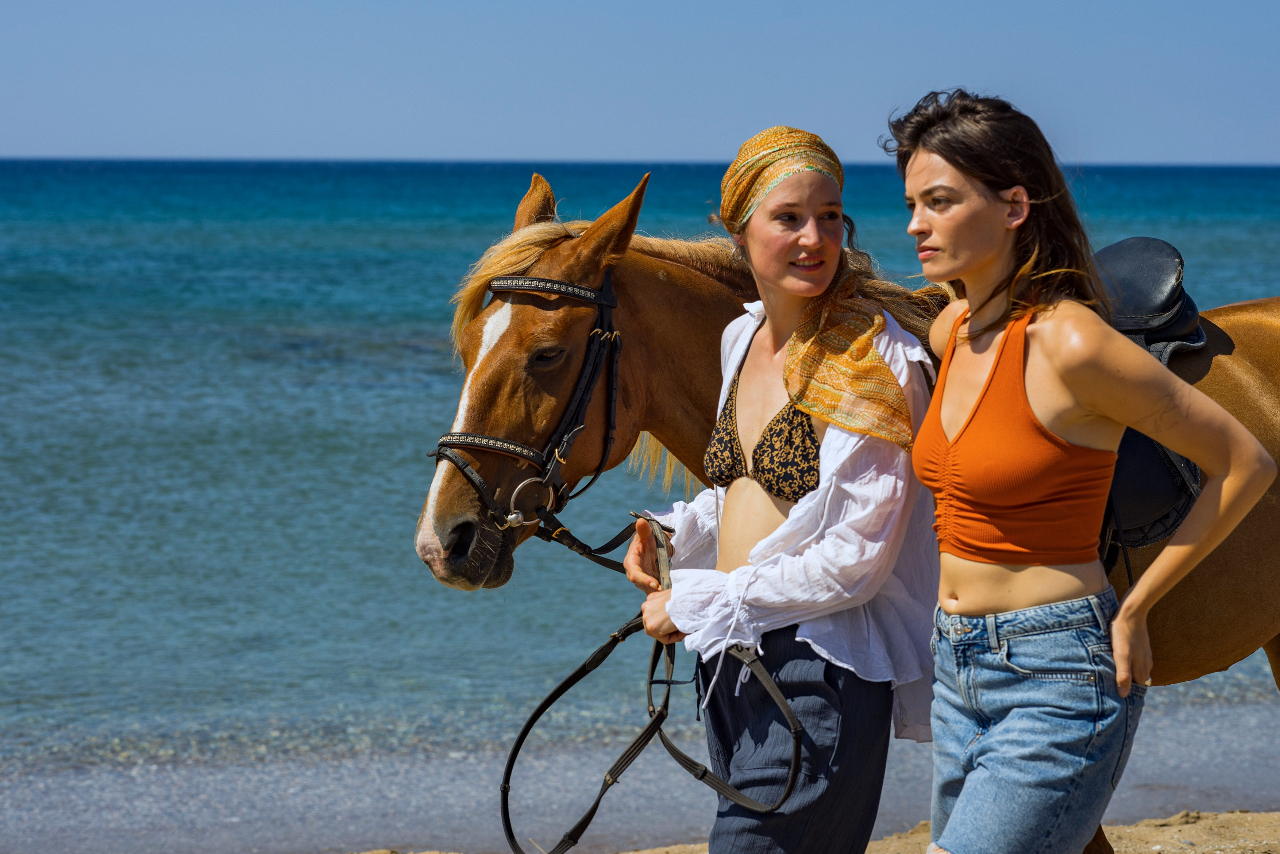
Set against a scorching Spanish summer, Hot Milk unfolds as a tangled psychological drama, dissecting the suffocating bond between mother and daughter. Adapted by Rebecca Lenkiewicz from Deborah Levy’s Booker-nominated novel, the film is anchored by a magnetic performance from Emma Mackey as Sofia, a young woman torn between filial duty and the stirrings of self-liberation, as she accompanies her mother, Rose (Fiona Shaw), to a coastal town in Spain in search of treatment from the enigmatic healer Dr Gómez (Vincent Perez).
Rose’s possibly psychosomatic illness has left her unable to walk since Sofia was four, binding her now 25-year-old daughter to a life of servitude. As Gómez’s treatment fails to deliver the miracle Rose expected and the pressure of her mother’s dependence mounts, Sofia’s simmering resentment burns brighter, erupting in sudden, electric bursts of rage that Mackey delivers with remarkable precision. Similarly, Shaw’s subtle expressions of petulance – each purse of her lips as Rose demands yet another glass of water, only to fuss over its source – subtly speaks to the deeper power dynamics at play.
Lenkiewicz carefully navigates the different shades of the mother-daughter pairing, gradually unravelling a tangled web of devotion and resentment with no clear escape. Rose is at once frail and formidable, her condition ambiguous, her manipulations artfully veiled. A particularly charged moment sees her momentarily shed her affliction when Sofia’s pent-up fury explodes – an unsettling reminder of the murky line between sickness and self-interest.
However, the film stumbles when it veers into romance. Ingrid (Vicky Krieps), Sofia’s alluring love interest, appears on horseback along a beach, embodying the manic pixie dream girl trope. She comes across more as a symbol or a piece of loaded imagery than a fully realised character. While Sofia’s attraction to Ingrid reflects her yearning for escape from her mother, Ingrid’s backstory lacks the resonance to justify its screen time, especially when some of the novel’s most searing introspections – such as Sofia’s comparison of her mother to “a gangster mugging my life,” or her reflections on the beachside town she moved to – fail to make the transition to film.
Nonetheless, Hot Milk remains a compelling study of maternal entrapment. Sofia’s final moments on screen – marked by an eerie calm after a film spent teetering on the edge of fury – offer a quietly powerful sense of resolution, even as the ambiguity of its open-ended conclusion lingers.
Christina Yang
Hot Milk does not have a release date yet.
Watch a clip from Hot Milk here:
Read more reviews from our Berlin Film Festival coverage here.
For further information about the event visit the Berlin Film Festival website here.



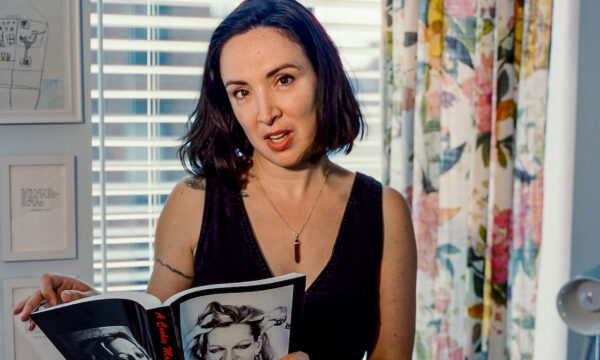
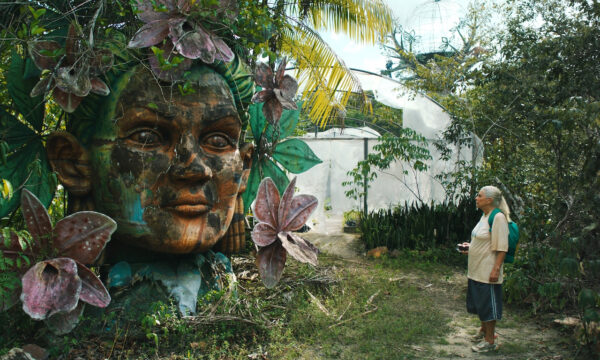




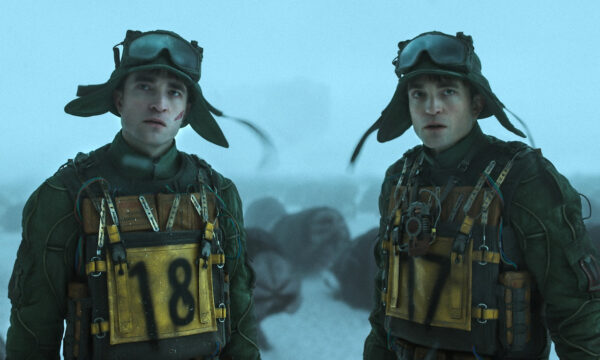



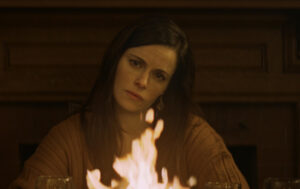








Facebook
Twitter
Instagram
YouTube
RSS